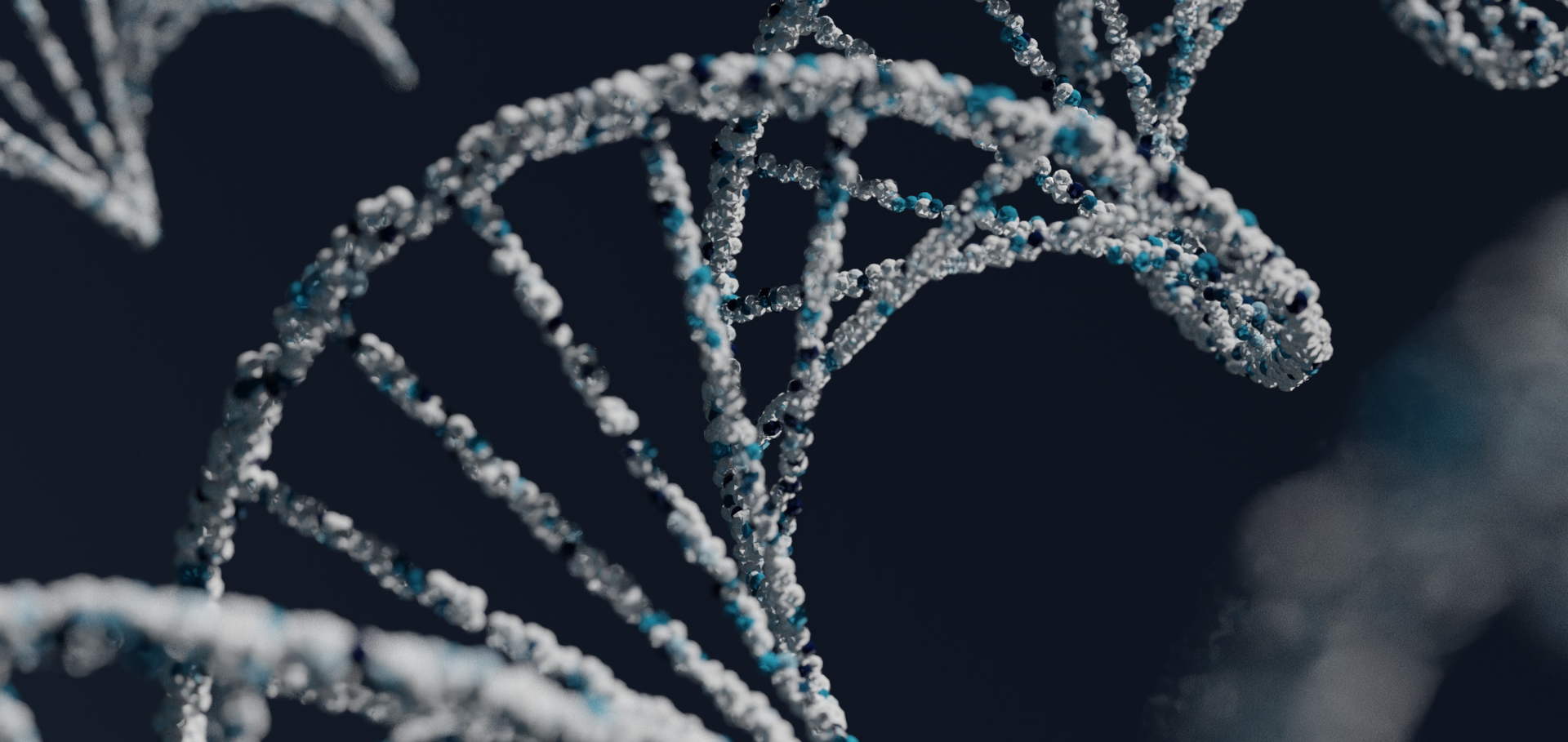Navid Sobhani, Anne Fassl, Giuseppina Mondani, Daniele Generali and Tobias Otto
Targeting Aberrant FGFR Signaling to Overcome CDK4/6 Inhibitor Resistance in Breast Cancer,
MDPI, Cells, 2021
Affiliations:
Department of Medicine, Section of Epidemiology and Population Sciences, Baylor College of Medicine,
Houston, TX 77030, USA
Department of Cancer Biology, Dana-Farber Cancer Institute, Boston, MA 02215, USA;
Department of Genetics, Blavatnik Institute, Harvard Medical School, Boston, MA 02115, USA
Department Breast Oncoplastic Surgery Royal Cornwall Hospital, Treliske, Truro TR13LJ, UK;
Department of Medical, Surgical and Health Sciences, University of Trieste, Cattinara Hospital,
34149 Trieste, Italy;
Department of Internal Medicine III, University Hospital RWTH Aachen, Pauwelsstrasse 30,
52074 Aachen, Germany
Abstract
Breast cancer (BC) is the most common cause of cancer-related death in women worldwide. Therapies targeting molecular pathways altered in BC had significantly enhanced treatment options for BC over the last decades, which ultimately improved the lives of millions of women worldwide.
Among various molecular pathways accruing substantial interest for the development of targeted therapies are cyclin-dependent kinases (CDKs)—in particular, the two closely related members CDK4 and CDK6. CDK4/6 inhibitors indirectly trigger the dephosphorylation of retinoblastoma tumor suppressor protein by blocking CDK4/6, thereby blocking the cell cycle transition from the G1 to S phase.
Although the CDK4/6 inhibitors abemaciclib, palbociclib, and ribociclib gained FDA approval for the treatment of hormone receptor (HR)-positive, human epidermal growth factor receptor 2 (HER2)- negative BC as they significantly improved progression-free survival (PFS) in randomized clinical trials, regrettably, some patients showed resistance to these therapies. Though multiple molecular pathways could be mechanistically responsible for CDK4/6 inhibitor therapy resistance, one of the
most predominant ones seems to be the fibroblast growth factor receptor (FGFR) pathway. FGFRs are involved in many aspects of cancer formation, such as cell proliferation, differentiation, and growth.
Importantly, FGFRs are frequently mutated in BC, and their overexpression and/or hyperactivation correlates with CDK4/6 inhibitor resistance and shortened PFS in BC. Intriguingly, the inhibition of aberrant FGFR activity is capable of reversing the resistance to CDK4/6 inhibitors. This review summarizes the molecular background of FGFR signaling and discusses the role of aberrant FGFR signaling during cancer development in general and during the development of CDK4/6 inhibitor
resistance in BC in particular, together with other possible mechanisms for resistance to CDK4/6 inhibitors. Subsequently, future directions on novel therapeutic strategies targeting FGFR signaling to overcome such resistance during BC treatment will be further debated.
Conclusions
FGFR alterations occur frequently in breast cancer patients. Importantly, aberrant activation of the FGFR/FGF axis is commonly involved in endocrine resistance or resistance to CDK4/6 inhibitors during the treatment of BC. Mechanistically, this may occur through cellular rewiring of ER signaling and the activation of several pathways, such as the ERK1/2 MAPK signaling pathway. Although FGFR signaling induces cyclin D1, it is unlikely that cyclin D1 would be involved in the development of CDK4/6 inhibitor resistance. As a matter of fact, earlier data shed light on this matter, showing that there is a lack of
association between cylin D1 amplification with the survival of patients treated with the CDK4/6 inhibitor palbociclib (in the PALOMA-1/2 trials). Taken together, these data encourage the support for clinical trials using combinations of ER, CDK4/6, and FGFR or ERK antagonists in therapy-resistant BC patients. Since FGFR1 is among the most common mutations in BC patients, a concomitant treatment with the inhibitors of ER, CDK4/6, and FGFR1 could also be a valid first-line treatment alternative to avoiding the emergence of therapy resistance. Additionally, we herein discussed that various other mechanisms
were identified that confer CDK4/6 inhibitor resistance. With the advent of molecular precision medicine, it will be both important and feasible to identify the specific resistance mechanism for each patient to select patients that will most likely benefit from an additional line of targeted therapy, such as FGFR inhibition.

